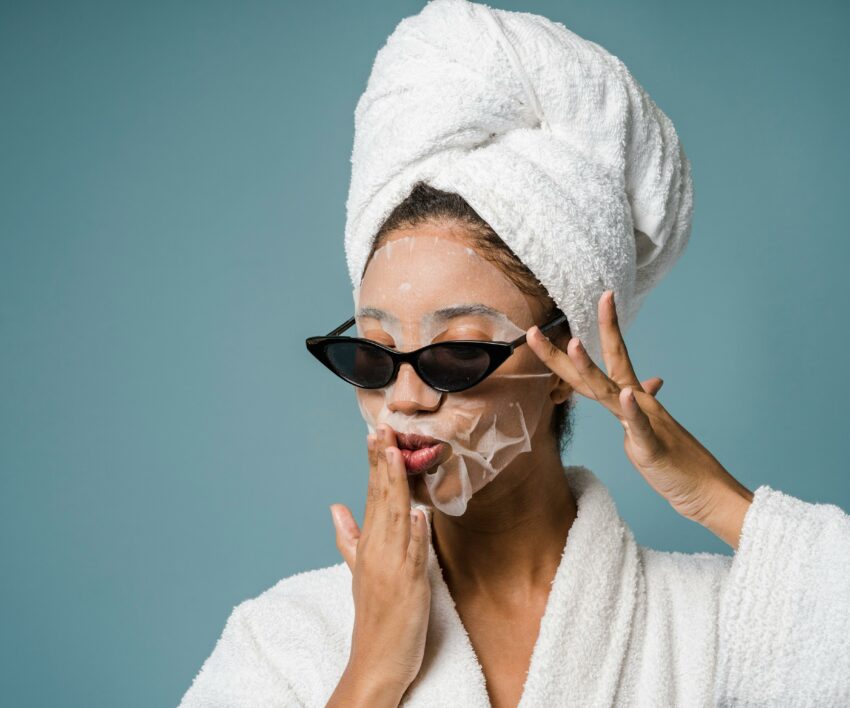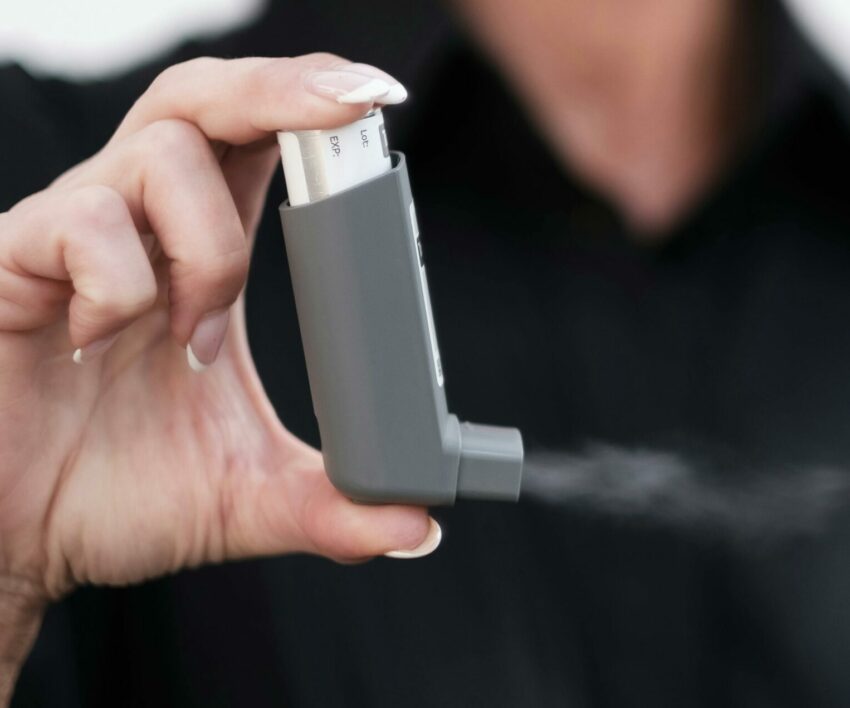However, there’s also another category of people who are still living in nostalgia and are using products that are no longer suitable for their skin. There are a large number of people who are still using baby creams and moisturisers on their facial skin and have not moved beyond the baby products in hope of soft, supple, and flawless skin. If you’re one of them, then immediately stop its application.
Primarily, one needs to understand that an infant’s delicate skin is different from an adult’s skin, which is an indication of the time to upgrade. Baby creams are designed for infant skin, which is very sensitive and thin, produces less sebum, and has a higher water content. On the contrary, adult skin is much thicker, produces large amounts of sebum, and is exposed to harsher environments like UV rays, pollution, and stress, which require sincere attention.
Therefore, baby moisturisers and creams do not provide enough protection and hydration required for adult skin and will not work for you. Either you will see no change and loss of moisture with no repair protection, and hydration will make your skin dry, dull, and hyperpigmented and may result in breakouts as well. Some creams may help you achieve soft and supple skin upon application, but they won’t contain other required ingredients such as ceramides, peptides, and hyaluronic acids that may benefit your adult skin.
What does adult skin demand?
Adult skin is all about achieving a radiant and healthy glow with a hydrated and moisturised supple end. For which, your creams should include fatty acids, shea butter, and ceramides for deep hydration. If you have oily or acne-prone skin, then opt for niacinamide and hydration-based gel moisturisers. To protect your skin from premature ageing, then opt for peptides, hyaluronic acid, vitamin C, and retinol. Adult skin also calls for exfoliation, which can be done with AHAs and BHAs and help with dead skin removal and cell turnover. And, lastly, to protect your skin from the sun, opt for an active SPF 50, which will protect your skin from harsh sun damage, sunburns, skin cancer, redness, inflammation, and premature ageing.













